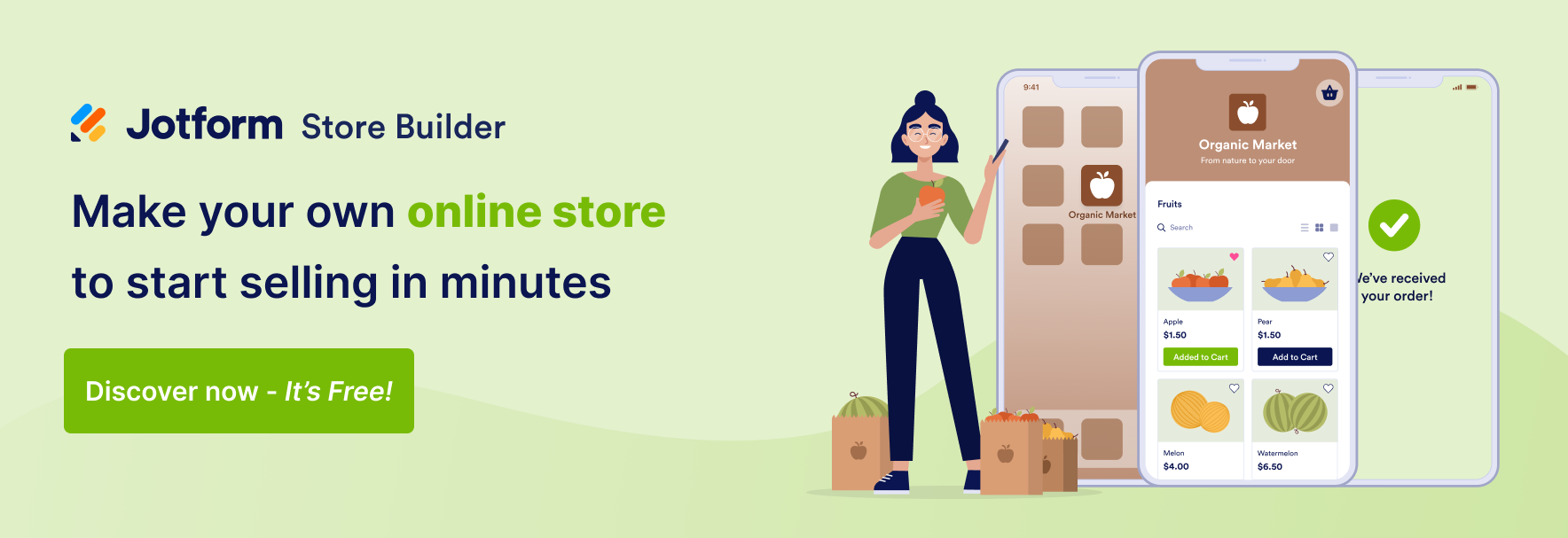All marketing is competitive, but traditional retail marketing is competitive in a very particular way. Products typically stand on shelves surrounded by dozens of competitors. Meanwhile, the retailer itself pushes a particular brand identity — and often its own competing white-label products. It’s a lot of distraction, and it can get between your brand and a consumer’s attention.
Direct-to-consumer (D2C) marketing provides a less-cluttered relationship between brands and their customers. Broadly speaking, D2C marketing refers to brand and consumer interactions initiated by D2C sellers or companies that produce, market, sell, and ship products without intermediaries — most important, without retail store networks or reliance on e-commerce giants like Amazon and Walmart.
Clearly, retail and D2C sales are very different strategies. That means D2C marketing requires a different approach. We asked D2C brand managers and online marketers for their advice on getting the most out of D2C marketing efforts. Their insights can help get a struggling D2C company off the ground or help legacy brands successfully open a D2C channel.
D2C marketing tips from the experts
To get a bigger share of the $21.25 billion that D2C online sellers in the United States are projected to earn in 2021, brands need to be effective marketers. Here are a few ways to make the most of D2C marketing efforts.
1. Reach your customers in familiar online spaces
“Direct-to-consumer marketing is and always has been a competition for people’s attention, and a good strategy needs to take into account where your customers hang out [online],” says Simon Hollingworth, owner of marketing consultancy Search Solihull Limited.
In other words, identify the online services your customers engage with, whether that’s Facebook, LinkedIn, or Google. Then put your advertising budget there.
“If your product is a necessity purchase, such as car tires or legal help, rely heavily on local search engine optimization, organic search, and pay-per-click to reach customers searching when they have the need,” Hollingworth says.
“If the product is a luxury item,”Hollingworth explains, you’ll grab attention “when the consumer is much more relaxed.” He recommends “spending your money on social advertising on Instagram or Facebook.”
2. Online marketing channels collect a lot of data — use it
“The downfall of [retail] business-to-consumer (B2C) brands is the lack of data available to them,” says Tonya Davis, marketing manager at Utah SEO Companies.
A retail sale doesn’t tell you anything about who made the purchase, and online retailers may limit the data they share with their suppliers. When you control your sales channels, you get to keep all the data those channels generate.
“With D2C marketing being heavily online, it’s easy to gather customer data and get clear insight into buying behaviors,” Davis says. “This allows D2C marketers the ability to tweak and improve performance.” For instance, Davis says it’s easier to A/B test marketing strategies with D2C companies; the data is there for the taking. That’s not always true with B2C retail brands.
3. Don’t just advertise — interact
“Personalization is still the key to successful D2C marketing, but this has to go one step further these days and begin to integrate interactivity too,” says Polly Kay, senior marketing manager at D2C seller English Blinds.
“Drawing the customer in and investing them in the journey they’re on is far more effective than a show-and-tell approach — or marketing to or at them rather than with them.” In other words, static ads won’t cut it on social media. Interactivity is key.
While implementing these strategies, it’s important to keep the focus on D2C marketing’s strongest feature: end-to-end control of the brand. When you remove purchase-point competition and the fog of retailer branding, you’re left with a powerful opportunity to express your brand as a unique solution on the market. In that sense, D2C marketing is a branding-first endeavor.
“In my experience, the best strategy for D2C marketing is the ability to have a strong brand identity,” says Davis. “You don’t want to simply sell a product — you want to sell a brand.”










Send Comment:
1 Comments:
More than a year ago
Thank you!